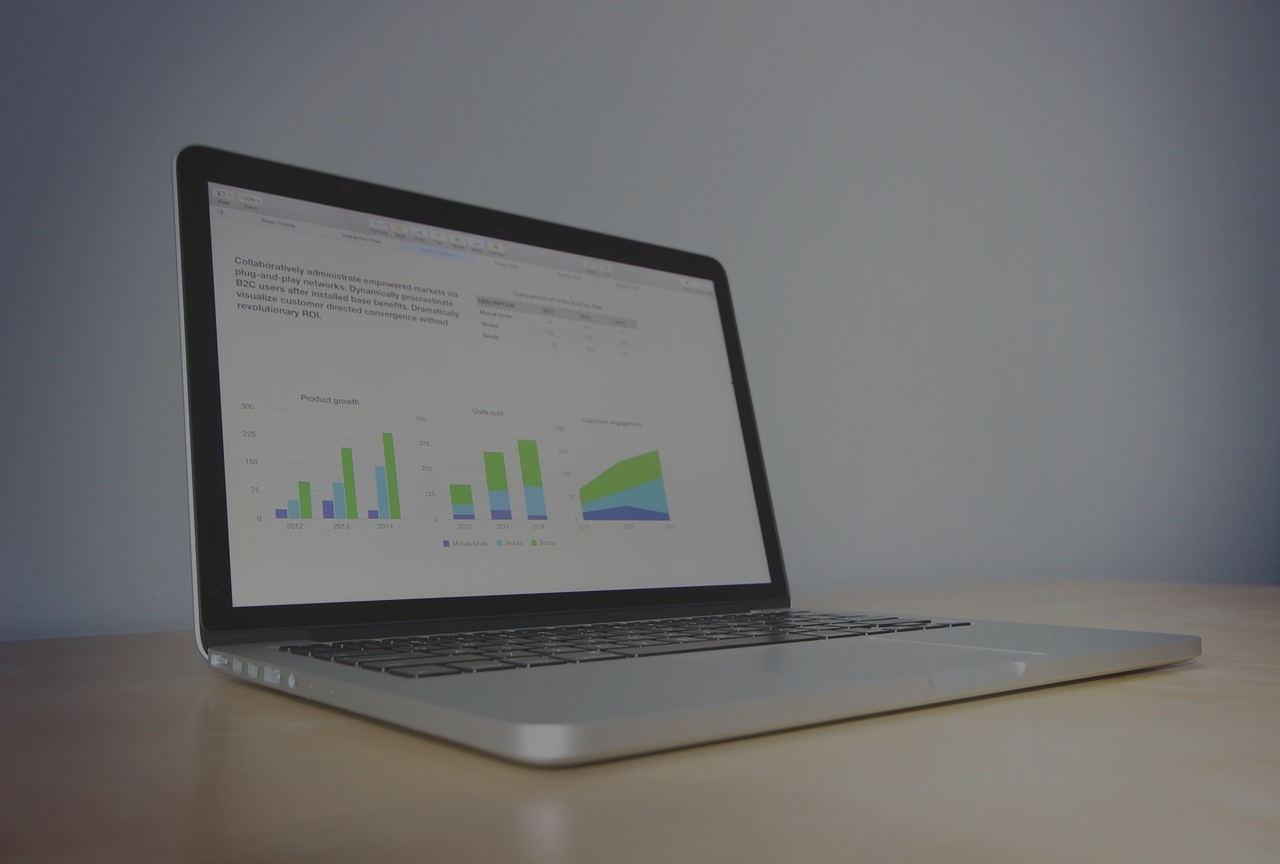Learn how a pension plan can benefit small businesses and employees
There are plenty of reasons that people love working for small businesses. Often, small business environments offer opportunities for skill development and upward mobility. They tend to have less bureaucracy and are more agile when required. From work-life balance to better teamwork, there are many reasons why professionals like working for small businesses. Unfortunately, one of the main reasons many don’t sign that offer letter is the lack of benefits like pension plans. What many small business owners don’t realize is that this is a problem that can be solved. Let us introduce you to Individual Pension Plans (IPP).
What is an Individual Pension Plan?
An IPP is a retirement savings tool for Canadians that makes it possible to grow a tax-deferred defined-benefit retirement income. Many people assume this type of pension is only available to incorporated professionals like practising physicians or business owners. In fact, an IPP can also be offered to other parties within an incorporated business. This can include employees and shareholders that receive T4 income.
What are the benefits?
IPPs offer significant benefits to plan members and the plan sponsor. For employees, it
- Is a highly desired benefit,
- Is a good option for mature employees who are over 40 years of age,
- Offers tax-deferred growth,
- Allocates surpluses to plan members, and
- Has annual contribution limits that increase with age.
For corporations, the benefits are also substantial. An IPP offers
- Tax-deductible contributions,
- Tax-deductible administrative costs,
- Improved benefits package to support more successful recruitment and retention, and
- Retroactive deductions for past service.
The ideal candidates for an IPP are high-income earners including those who have reached their RRSP contribution limits. Businesses can take advantage of significant tax savings generated by contributions, administrative expenses, and loan costs for funding the IPP.
How does it work?
Individual Pension Plans are regulated by the Canada Revenue Agency, provincial pension plan laws, and applicable regulations. To get started, a company must be incorporated. The corporation is required to register the pension plan and become the plan administrator and sponsor. Any individual that receives a T4 income from the company can be added as a plan member.
A qualified professional, like an actuary, calculates the contribution formula and ensures that contributions are in accordance with the legal requirements set out by the Canada Revenue Agency and provincial authorities. At tax time, expenses related to the administration of the plan as well as company-provided contributions are used to lower tax burdens.
Plan members can access their defined-benefit retirement income any time between the ages of 50 and 71. If an employee leaves the company before they retire, they can transfer their funds to another registered product. If the company goes out of business, funds within the IPP are protected from creditors but benefits payable may be eligible for seizure.
Get started today!
An Individual Pension Plan is a great option for sole proprietors, incorporated professionals, and small business owners looking for a retirement savings vehicle. Getting started can feel overwhelming but you don’t have to do it alone. Contact us
for a free no-obligation consultation to learn more about IPPs and determine if it is a good option for your unique circumstances. When you are sure it is the right choice for you, we will help with the plan set up and provide ongoing administrative support. Your future self will be glad you reached out and gave us a call!

Employers cannot ignore the rising cost of mental health. Failure to provide meaningful support will be costly in terms of talent, workplace culture, and the bottom line. There are three things that employers can do to support employees and create a workplace where everyone has the opportunity to be successful!

People are worried about inflation and recession. For your employees, these concerns are compounded with additional fears about job security. We can’t predict the future, but we can help you understand how the current economy is affecting your workplace and the steps you can take to minimize its negative impact.








